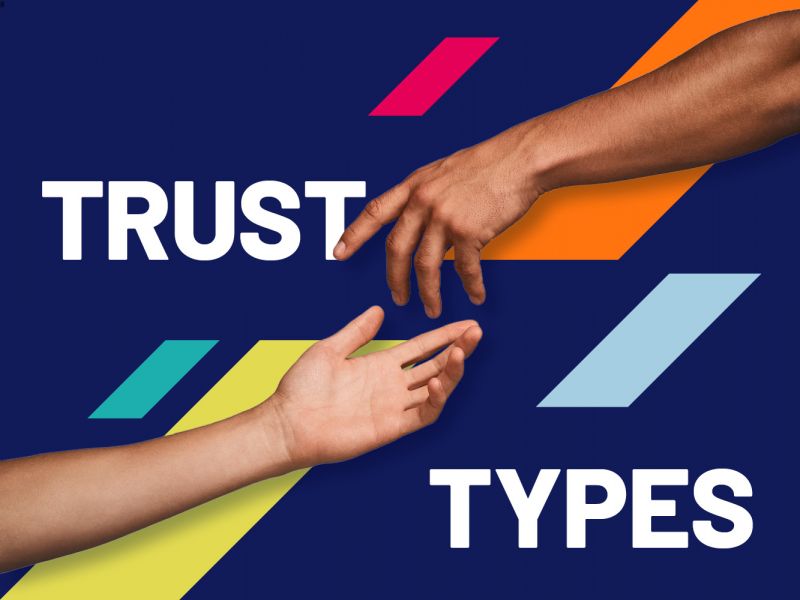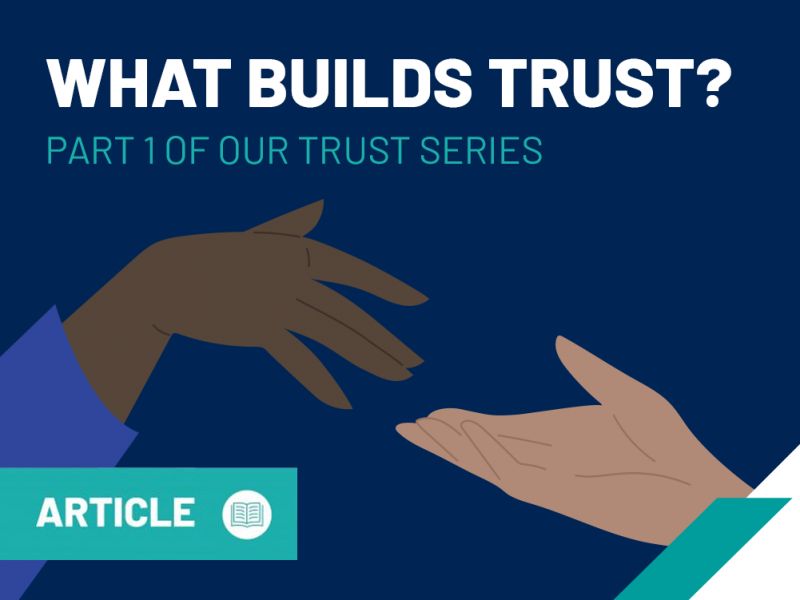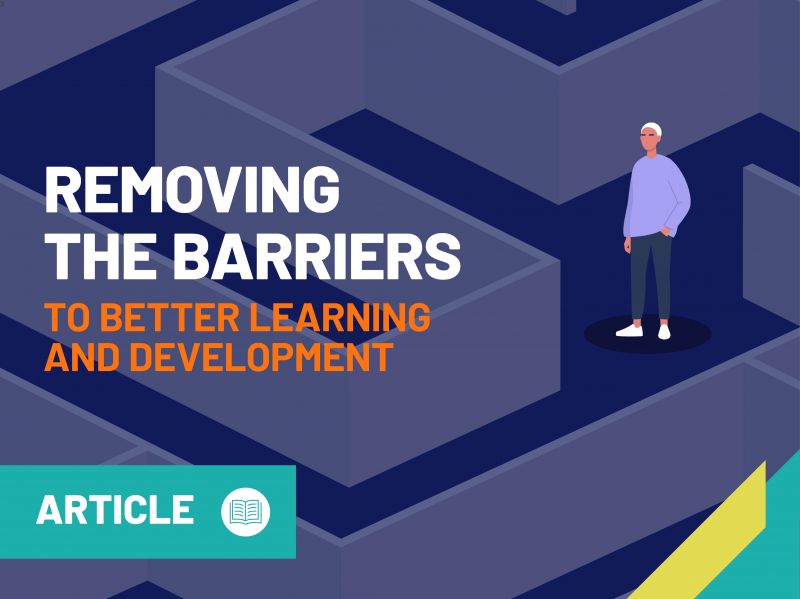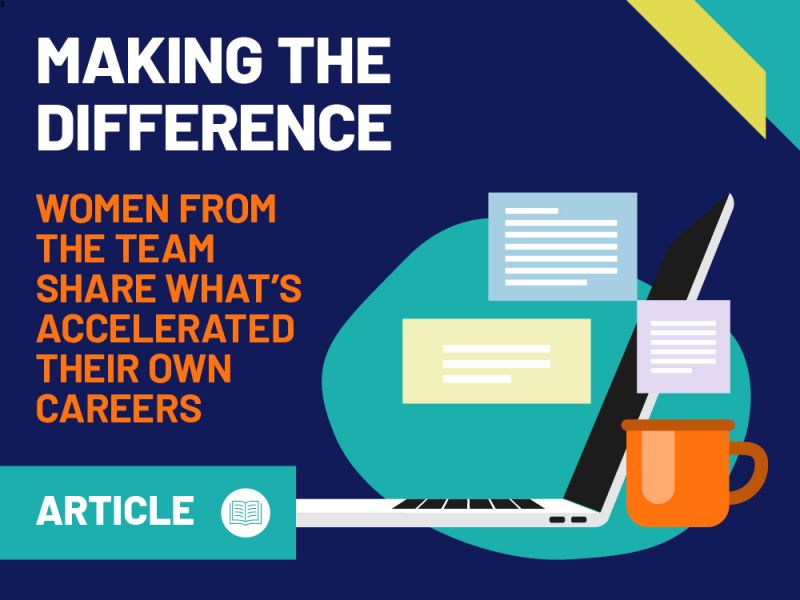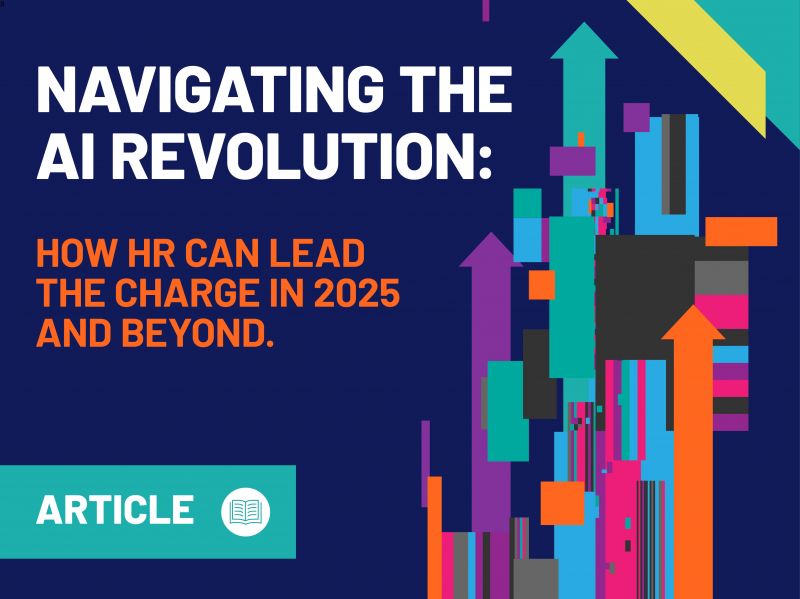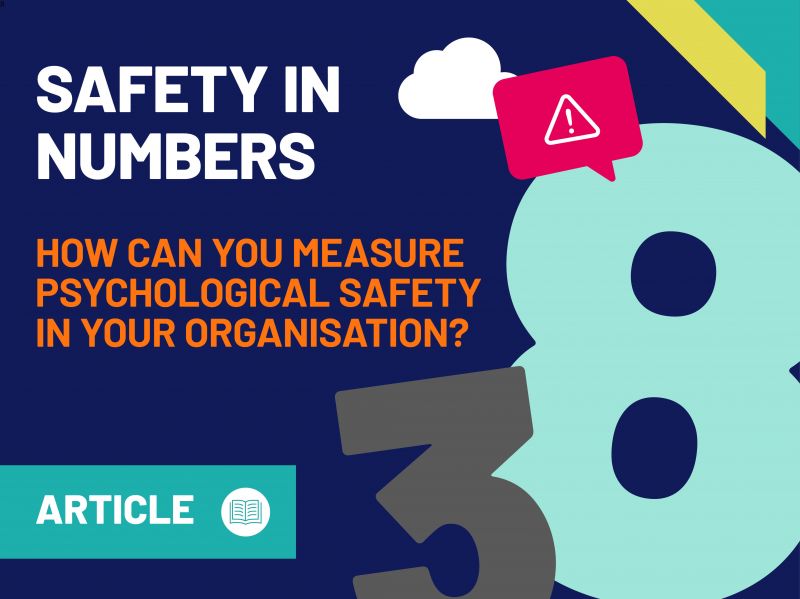Only half of UK workers have received learning opportunities at work, 1 in 2 have not learned about AI
The latest Ipsos research on learning in the workplace shows that half of UK workers have not been given opportunities to develop in their job. At a time when AI is beginning to rapidly alter many job roles, the study also reveals that more than 1 in 2 UK workers have not had the opportunity to learn about using AI at work.
A survey of 996 office employees, representative of UK employees aged 16-74, was conducted in late April. The results showed that:
A mismatch between demand and supply of development opportunities
- While 74% say they want to learn new skills to keep up with advances in their industry, only 54% have been given sufficient opportunities by their employer to do so.
- 2 in 3 workers (66%) say they find on the job learning the most beneficial – far higher in preference than formal learning courses.
Stark differences in opportunity
The experience of learning opportunities at work differs substantially by gender, educational background, income levels and age. Employees earning more than £55,000 are nearly twice as likely as those earning up to £20,000 to say their employer has provided opportunities to develop and grow. Equally, those aged under 34 are nearly twice as likely to experience learning opportunities as those aged 55-64. Men are also 8pts more likely to have experienced learning provision than women (58% vs 50%).
AI: a new frontier that most have yet to learn about
- Only 1 in 2 UK workers say they want to learn new skills to prevent AI replacing their job (with 1 in 5 actively disagreeing). This is compounded by only 40% saying that AI is likely to have a positive impact on their job – with 30% actively disagreeing.
- 1 in 2 employees have not had the opportunity to learn about using AI at work. Again, there are major demographic differences on attitudes to AI-related learning.
- There is also a particularly stark gender gap in perceptions of AI, with women 17 points less confident than men that AI will have a positive impact on them in their job.
Commenting on the results, CEO of Ipsos Karian and Box, Ghassan Karian said:
“There is a moral imperative for employers to not only define the jobs and skills of the future, but to ensure that the workforce is prepared for them. The data shows that there is a long way to go before this becomes a reality. Equally challenging are the major demographic differences in learning experiences. Older, poorer, and/or less educated employees are less likely to be offered opportunities to develop and grow at work, and there is a significant technology gender gap that shows little sign of abating. This is likely to entrench established disadvantages in society.”
Ipsos UK and Ireland Chief People Officer, Kerri O’Neill, also highlighted the importance of the type of learning on offer to employees:
“Ipsos research shows that on-the-job learning and coaching is both the most preferred and one of the most impactful ways for people to learn at work. Employers need to look beyond the training room to define innovative solutions to enable learning in the flow of work – this is too important for HR departments to have a blind spot on.”
Dive into the report to understand the factors that influence people’s decision to leave, or stay, in their jobs.
For more information, or any questions about the report, email ghassan.karian@ipsos.com
Research and reporting team
Matty Mason – Senior Analyst
Alice Streatfeild – Senior Consultant
Massimiliano Belli – Designer


